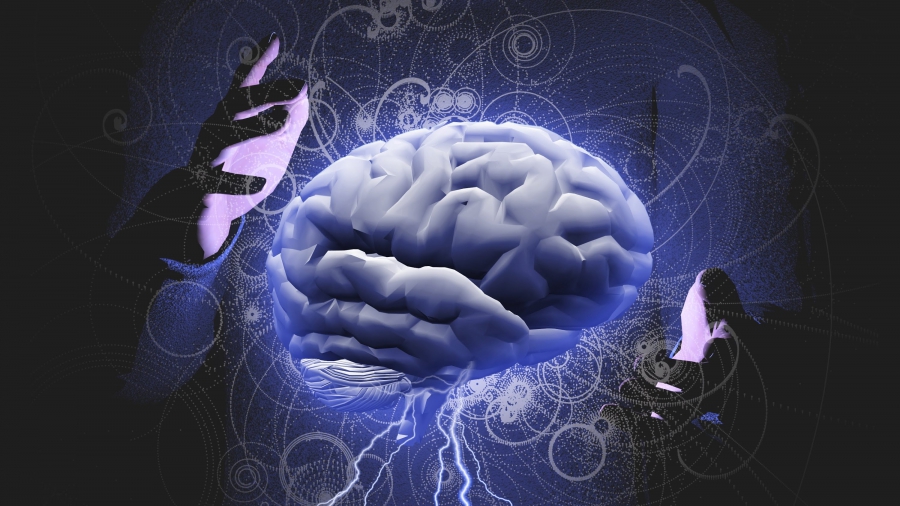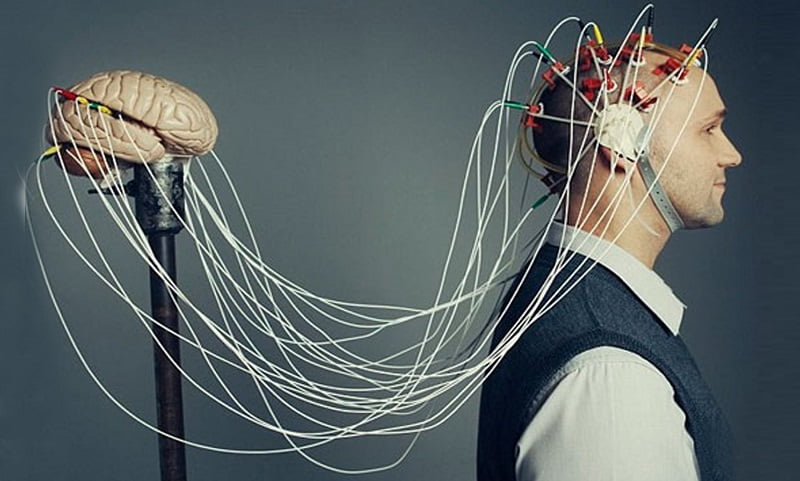Hypnosis and Mind Control: Facts and Myths
Unraveling the Mysteries of Hypnosis and Mind Control
Introduction:
Hypnosis and mind control have long captivated human curiosity, often shrouded in mystery and misconception. From stage performances to therapeutic interventions, these phenomena have been both revered and feared throughout history. In this article, we delve into the intricacies of hypnosis and mind control, exploring their underlying mechanisms, applications, and ethical considerations.
Understanding Hypnosis:
Hypnosis, derived from the Greek word "hypnos" meaning sleep, is a trance-like state of heightened suggestibility, focus, and relaxation. Contrary to popular belief, individuals under hypnosis are not asleep but rather in a state of deep concentration, often induced by a trained hypnotist. During this altered state of consciousness, individuals may experience heightened responsiveness to suggestions, allowing for behavioral changes, pain management, and even memory retrieval.
Mechanisms of Hypnosis:
The mechanisms underlying hypnosis remain a subject of debate among researchers. Some propose that hypnosis alters brain activity, leading to changes in perception, memory, and behavior. Neuroimaging studies have shown alterations in brain regions associated with attention, suggestibility, and self-awareness during hypnotic states. Additionally, the role of the hypnotist's suggestions and the individual's willingness to participate cannot be understated in inducing and maintaining hypnotic trance.
Applications of Hypnosis:
Hypnosis finds diverse applications in clinical, therapeutic, and entertainment settings. In the field of psychology, hypnotherapy is utilized to address various conditions such as anxiety, phobias, smoking cessation, and chronic pain management. Moreover, hypnosis has been integrated into alternative medicine practices, holistic therapies, and even forensic investigations for enhancing memory recall.
Ethical Considerations:
While hypnosis can be a powerful tool for positive change, ethical concerns arise regarding its use in influencing individuals' behavior and memories. The potential for suggestive influence and false memories highlights the importance of ethical guidelines and practitioner competence in safeguarding against misuse. In therapeutic settings, informed consent, autonomy, and client welfare are paramount, ensuring that hypnosis is used responsibly and ethically.
Exploring Mind Control:
Mind control, often associated with manipulation and coercion, refers to the exertion of influence over an individual's thoughts, beliefs, and actions. While the concept has been sensationalized in popular culture and conspiracy theories, genuine instances of mind control typically involve psychological manipulation, social influence, and persuasion techniques rather than overt forms of control.
Psychological Techniques of Influence:
Psychological techniques employed in mind control include persuasion, propaganda, conditioning, and manipulation of cognitive biases. From advertising strategies to political campaigns, these techniques aim to shape attitudes, behaviors, and decision-making processes subtly. Cults, extremist groups, and abusive relationships may also utilize tactics of mind control to exert dominance and control over their followers.
Guarding Against Manipulation:
Awareness and critical thinking are crucial in guarding against manipulation and undue influence. By understanding the principles of persuasion and recognizing manipulation tactics, individuals can empower themselves to resist coercion and make informed choices. Education, media literacy, and healthy skepticism serve as valuable tools in navigating the complex landscape of persuasion and influence in modern society.
Conclusion:
In conclusion, hypnosis and mind control represent fascinating yet complex phenomena with diverse implications for psychology, society, and ethics. While hypnosis offers therapeutic potential and insights into altered states of consciousness, mind control underscores the importance of safeguarding individual autonomy and cognitive freedom. By fostering awareness, understanding, and ethical responsibility, we can navigate the nuances of hypnosis and mind control in a manner that promotes well-being and resilience in an ever-evolving world.


Are Hypnosis and Mind Control Harmful?
Hypnosis and mind control are topics that often evoke intrigue and concern regarding their potential for harm. While both phenomena have been portrayed in various media as tools for manipulation and control, understanding their actual risks is essential for informed discourse. Let's explore whether hypnosis and mind control are inherently harmful:
Hypnosis:
- Therapeutic Benefits: Hypnosis, when practiced ethically by trained professionals, can offer therapeutic benefits such as stress reduction, pain management, and behavioral change. In clinical settings, hypnotherapy has been used to address a wide range of issues, including anxiety, phobias, and addiction.
- Safeguards Against Misuse: Ethical guidelines and practitioner competence are crucial in safeguarding against the misuse of hypnosis. Responsible practitioners prioritize informed consent, client autonomy, and well-being, ensuring that hypnosis is used for the benefit of the individual rather than for manipulation or coercion.
- Potential Risks: While hypnosis is generally considered safe when conducted by qualified practitioners, there are potential risks, particularly in vulnerable individuals or when practiced by untrained individuals. These risks may include the formation of false memories, increased suggestibility, or emotional distress if the process is mishandled.
Mind Control:
- Manipulative Intent: Unlike hypnosis, which is often used for therapeutic or entertainment purposes, mind control typically involves manipulative intent aimed at exerting influence over individuals' thoughts, beliefs, and behaviors. Genuine instances of mind control often occur in coercive or abusive contexts, such as cults, extremist groups, or abusive relationships.
- Psychological Harm: Mind control tactics can inflict psychological harm by undermining individual autonomy, inducing dependency, and fostering a sense of powerlessness. Victims of mind control may experience cognitive dissonance, identity distortion, and difficulty breaking free from manipulative influence.
- Guarding Against Manipulation: Awareness, critical thinking, and education are essential in guarding against the harmful effects of mind control. By understanding the principles of persuasion, recognizing manipulation tactics, and promoting media literacy, individuals can empower themselves to resist undue influence and make informed decisions.
Conclusion:
In conclusion, while hypnosis and mind control can raise concerns about their potential for harm, their impact largely depends on how they are practiced and the context in which they are employed. Ethical practices, responsible use, and safeguards against misuse are essential in mitigating risks associated with hypnosis and guarding against the harmful effects of mind control. By promoting awareness, education, and ethical standards, we can navigate these phenomena in a manner that prioritizes individual well-being and autonomy.


https://geohealthcarec.com/exploring-the-depths-of-hypnosis-unraveling-the-mysteries-of-the-mind/
https://www.toolify.ai/gpts/unraveling-the-mysteries-of-hypnosis-373558
https://www.fellowprogress.com/mindstudio/the-role-of-hypnosis-in-my-practice






































































